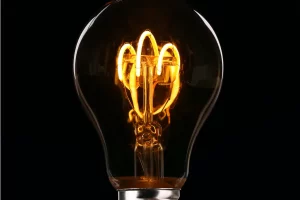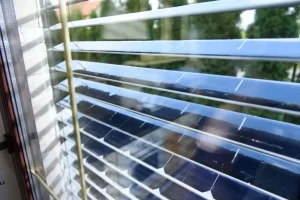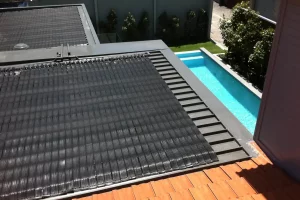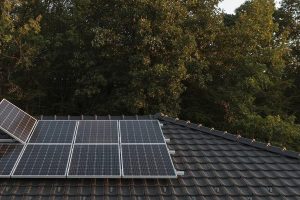As part of our series on heating water using solar energy, this article delves into Integral Collector-Storage (ICS) passive systems. These systems offer a unique approach to solar water heating, combining the functions of solar collectors and storage tanks into a single unit. Understanding how ICS systems work, their benefits, limitations, and alternatives can help homeowners make informed decisions about integrating solar water heating into their homes.
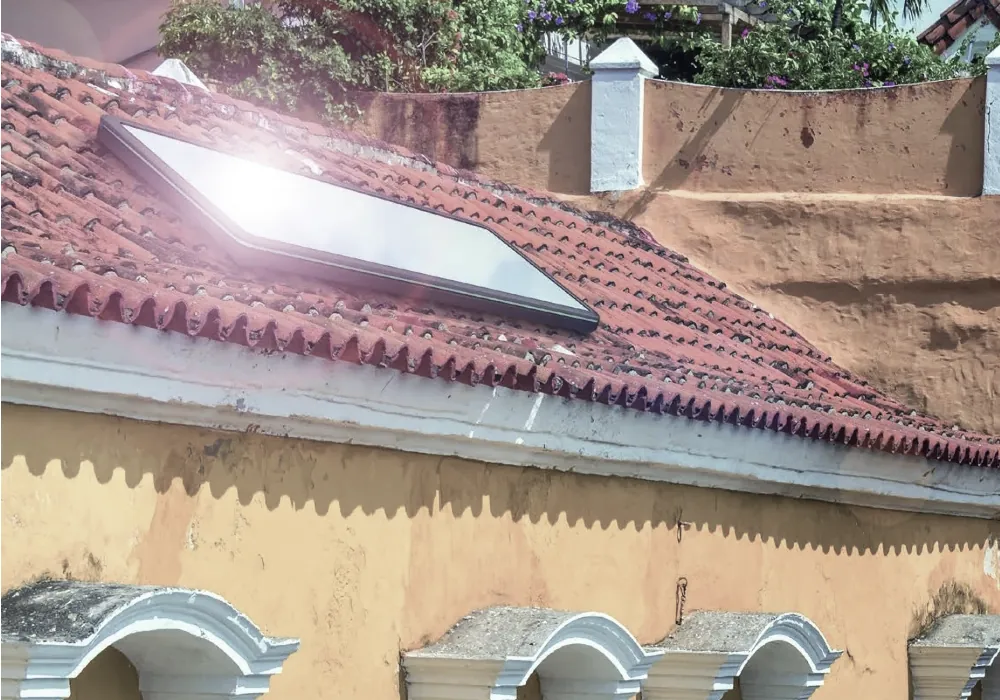
What Are Integral Collector-Storage Passive Systems?
Integral Collector-Storage (ICS) passive systems, also known as batch heaters, are a type of solar water heating system that integrates the solar collector and storage tank into one unit. This design allows the system to collect, store, and preheat water all within a single component, simplifying the installation and reducing costs.
How Integral Collector-Storage Passive Systems Work
ICS systems typically consist of a large, insulated storage tank encased in a glazed box that acts as the solar collector. The water inside the tank is heated directly by solar radiation. As the sun’s energy passes through the transparent cover, it heats the water stored in the tank. The heated water is then drawn off for use in the home, and cold water is replaced in the tank, ready to be heated again by the sun.
When Are ICS Systems Beneficial?
Integral Collector-Storage systems offer several advantages that make them an attractive option for certain homeowners. Here are some scenarios where ICS systems are particularly beneficial:
Mild Climates
ICS systems are best suited for regions with mild climates, where freezing temperatures are rare. Because the water in the storage tank is directly exposed to outdoor temperatures, freezing can cause damage to the system.
Simple Installation
The combined design of the collector and storage tank simplifies installation, making it a cost-effective option for homeowners looking to reduce upfront expenses. The simplicity also translates to lower maintenance requirements compared to more complex systems.
Low Hot Water Demand
For households with relatively low hot water demand, ICS systems can provide an efficient and reliable source of hot water. They are especially useful for applications such as preheating water for conventional water heaters or providing hot water for outdoor showers or pool heating.
When Are ICS Systems Not Recommended?
While ICS systems have several benefits, there are situations where they may not be the best choice. Here are some scenarios where ICS systems are not recommended:
Cold Climates
In regions with frequent freezing temperatures, ICS systems are not ideal because the water stored in the tank can freeze, causing significant damage. Homeowners in colder climates should consider alternative solar water heating systems that offer better freeze protection.
High Hot Water Demand
For households with high hot water demand, such as large families or homes with multiple bathrooms, ICS systems may not provide sufficient hot water. The storage capacity of ICS systems is limited, and they may struggle to meet the needs of larger households.
Space Constraints
ICS systems require adequate space for installation, as the combined collector and storage tank unit can be bulky. Homes with limited roof or ground space may find it challenging to accommodate an ICS system.
Alternatives to ICS Systems
For homeowners where ICS systems may not be suitable, several alternative solar water heating options are available. Here are some common alternatives:
Direct Circulation Systems
Direct circulation systems, also known as open-loop systems, use pumps to circulate household water through solar collectors, where it is heated by the sun. These systems are best suited for regions with mild, non-freezing climates and provide an efficient way to heat water directly.
Indirect Circulation Systems
Indirect circulation systems, or closed-loop systems, use a heat-transfer fluid that circulates through the solar collectors and transfers heat to the household water via a heat exchanger. These systems are ideal for colder climates, as the antifreeze solution prevents freezing.
Thermosiphon Systems
Thermosiphon systems rely on natural convection to circulate water between the solar collector and storage tank. These passive systems are simple and reliable, making them suitable for a variety of climates. However, they require proper installation to ensure effective thermosiphon flow.
Conclusion
Integral Collector-Storage (ICS) passive systems offer a straightforward and cost-effective solution for solar water heating, particularly in mild climates with low hot water demand. Their combined collector and storage design simplifies installation and maintenance, making them an attractive option for many homeowners. However, they are not suitable for regions with frequent freezing temperatures or homes with high hot water demand.
By understanding the benefits and limitations of ICS systems, homeowners can make informed decisions about the best solar water heating solution for their needs. For those in colder climates or with higher hot water demands, alternative systems such as direct circulation, indirect circulation, or thermosiphon systems may provide more suitable options. Regardless of the chosen system, integrating solar water heating into residential homes contributes to energy savings and a more sustainable future.
